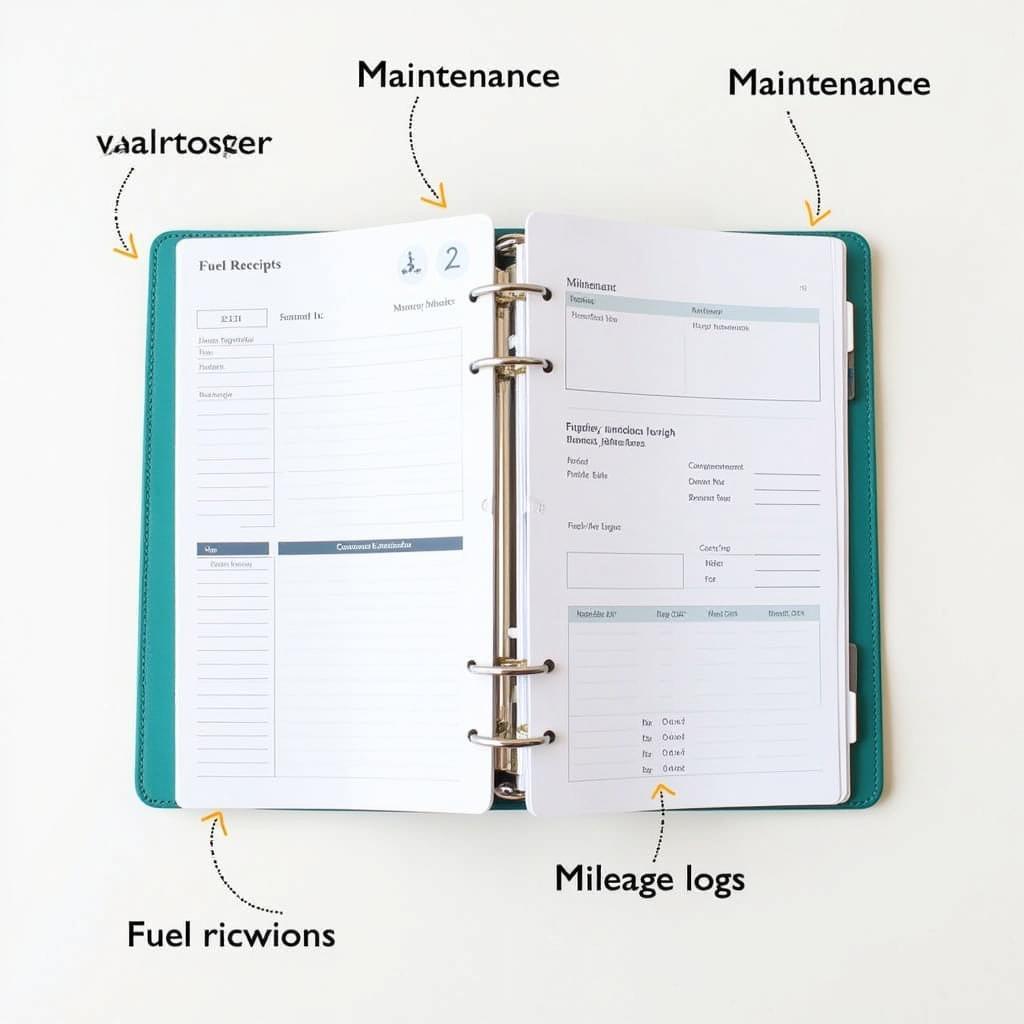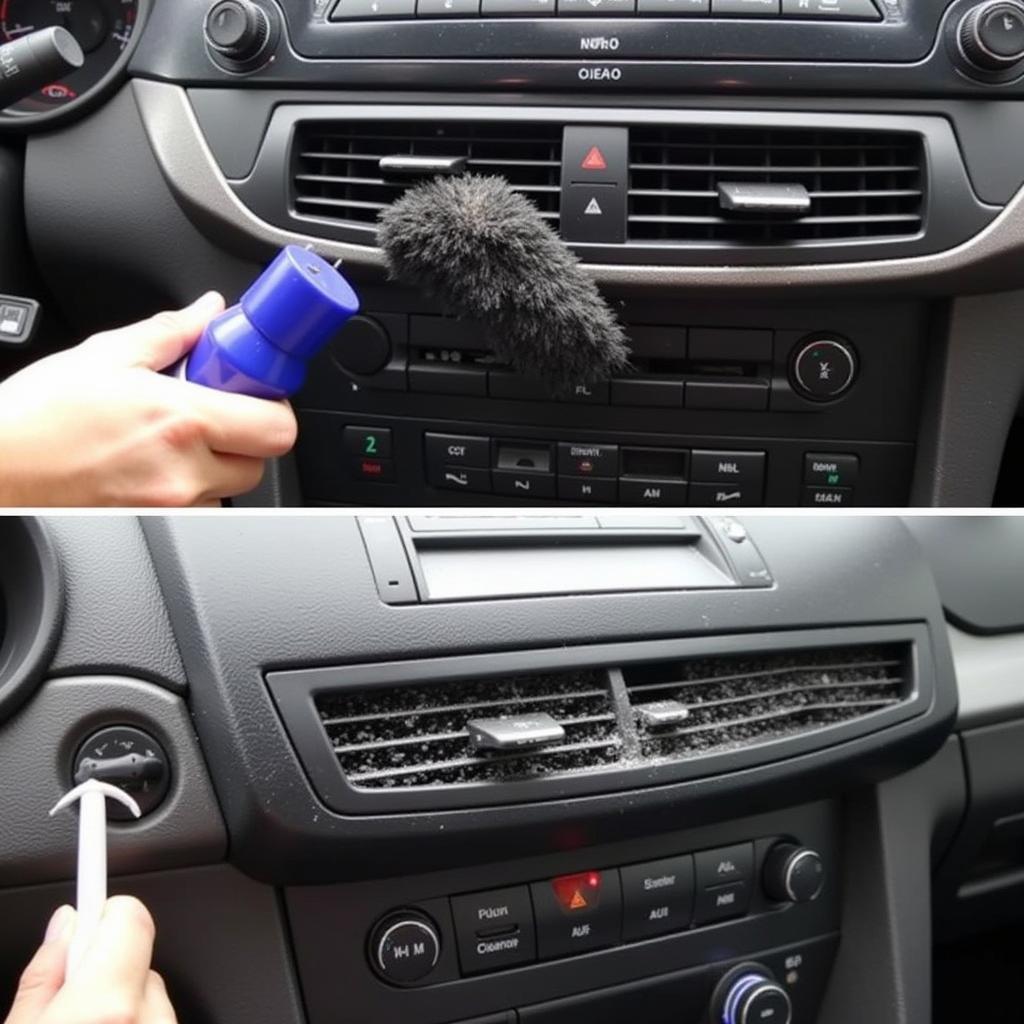Car maintenance is an essential part of car ownership. It ensures your car runs smoothly, safely, and efficiently. Regularly maintaining your car can prevent costly repairs down the line and extend its lifespan. But many people wonder if car maintenance is truly necessary, especially if they’re on a tight budget.
Why is Car Maintenance Necessary?
Regular car maintenance is crucial for several reasons:
- Safety: A well-maintained car is a safe car. It prevents potential hazards like brake failure, tire blowouts, and engine problems that can lead to accidents.
- Performance: Regular servicing ensures that your car runs efficiently and smoothly. You’ll enjoy better fuel economy, reduced emissions, and improved performance.
- Longevity: Maintenance helps extend the lifespan of your car. By catching small problems early, you can prevent them from escalating into major issues that could shorten the life of your vehicle.
- Cost Savings: While it may seem counterintuitive, regular maintenance can actually save you money in the long run. It helps prevent major, expensive repairs by addressing minor issues before they become big problems.
Key Aspects of Car Maintenance
Here are some essential aspects of car maintenance:
Oil Changes
- Oil changes are crucial for lubricating engine parts and preventing wear and tear.
- It’s generally recommended to get an oil change every 3,000-5,000 miles, although the frequency can vary depending on your driving habits and the type of oil you use.
“Oil changes are the foundation of car maintenance. They’re a simple, yet crucial step in keeping your engine healthy and running smoothly.” – John Smith, Certified Mechanic
Tire Maintenance
- Tire pressure: Maintaining proper tire pressure ensures optimal performance, fuel efficiency, and safety. Check your tire pressure regularly and inflate them to the recommended pressure specified in your car’s owner’s manual.
- Tire rotation: Rotating your tires helps ensure even wear and tear, which can extend their lifespan.
- Tire alignment: Wheel alignment ensures that your tires are pointing in the right direction, which helps prevent premature tire wear and improves handling.
Brake Maintenance
- Brake pads and rotors: Brake pads wear down over time. Inspect them regularly and replace them when they reach the wear limit.
- Brake fluid: Brake fluid helps transmit pressure from your brake pedal to the calipers. Replace it at regular intervals to ensure proper brake performance.
Engine Coolant
- Coolant level: Check the coolant level regularly and top it off as needed.
- Coolant flush: A coolant flush removes old, contaminated coolant and replaces it with fresh, clean coolant. This helps prevent overheating and maintains optimal engine temperature.
Air Filters
- Air filter: The air filter prevents dirt and debris from entering the engine. Replace it regularly to ensure proper airflow.
- Cabin air filter: The cabin air filter filters the air that comes into your car’s interior. Replace it regularly for cleaner, fresher air inside your vehicle.
How Often Should You Get Your Car Serviced?
The frequency of car maintenance varies depending on several factors, including:
- Mileage: The number of miles you drive significantly impacts the wear and tear on your car.
- Driving habits: Aggressive driving, frequent stop-and-go traffic, and heavy towing can put more stress on your vehicle.
- Driving conditions: Extreme temperatures, dusty environments, and road conditions can also affect your car’s maintenance needs.
To determine the best maintenance schedule for your car, consult your owner’s manual. It provides specific recommendations for your vehicle’s maintenance requirements.
Is Car Maintenance Worth It?
Yes, car maintenance is absolutely worth it. It offers numerous benefits, including:
- Enhanced safety: Regular maintenance significantly reduces the risk of accidents caused by mechanical failures.
- Improved performance: A well-maintained car delivers better fuel economy, reduced emissions, and a smoother driving experience.
- Extended lifespan: Maintenance helps prevent premature wear and tear, extending the overall lifespan of your vehicle.
- Cost savings: It can help prevent costly repairs down the line by addressing minor issues before they escalate.
“Ignoring car maintenance is like neglecting your health. You might feel fine for a while, but eventually, the consequences will catch up with you.” – Sarah Jones, Automotive Expert
FAQ
Q: Can I do my own car maintenance?
A: While some basic maintenance tasks can be done at home, more complex repairs should be left to professionals. Consult your owner’s manual for detailed instructions on DIY maintenance tasks.
Q: How can I find a reliable mechanic?
A: Ask for recommendations from friends and family. Check online reviews and ratings. Look for a mechanic with certifications and experience in working on your specific car model.
Q: What are the signs of a car needing maintenance?
A: Some common signs include:
- Engine noises
- Strange smells
- Reduced fuel efficiency
- Unusual vibrations
- Warning lights on the dashboard
Q: How often should I get my car serviced?
A: Consult your owner’s manual for specific recommendations for your vehicle. However, most cars require servicing every 3,000-5,000 miles or every 6 months.
Q: Is car maintenance expensive?
A: The cost of car maintenance varies depending on the specific services needed and the type of vehicle. However, regular maintenance can help prevent costly repairs down the line.
Conclusion
Car maintenance is essential for ensuring your car runs safely, efficiently, and for as long as possible. By adhering to a regular maintenance schedule, you can prevent costly repairs and enjoy the benefits of a reliable and well-performing vehicle. If you have any questions or require assistance with your car’s maintenance, feel free to contact us at +1 (641) 206-8880 or visit our office at 500 N St Mary’s St, San Antonio, TX 78205, United States.






Leave a Reply